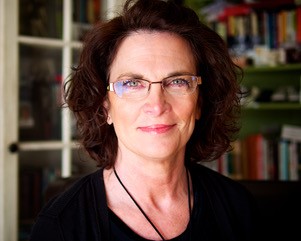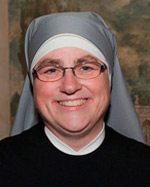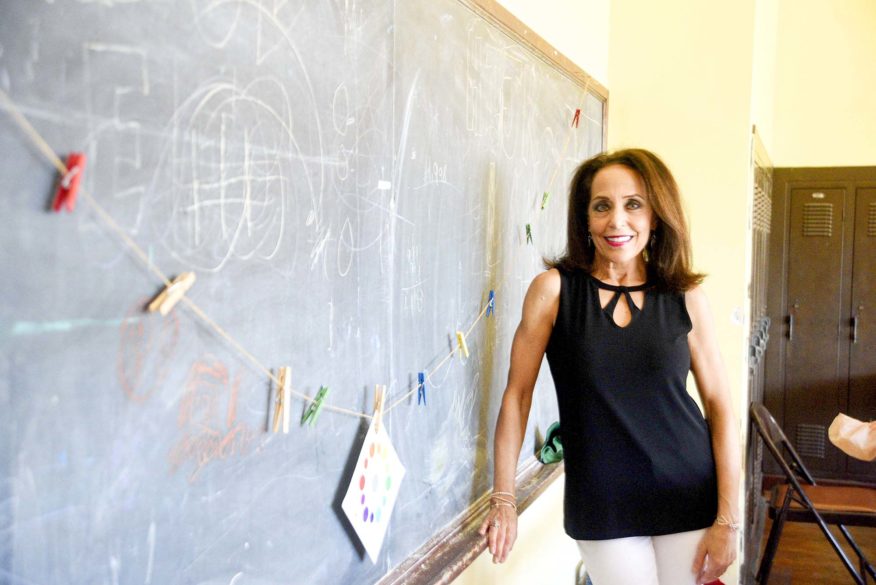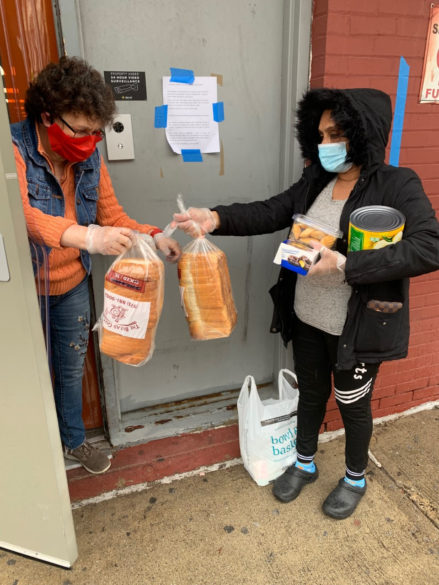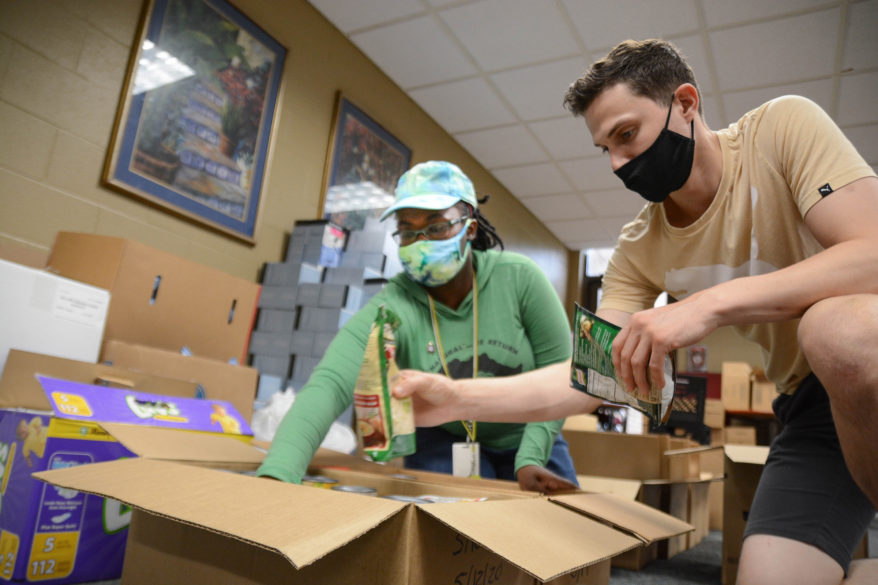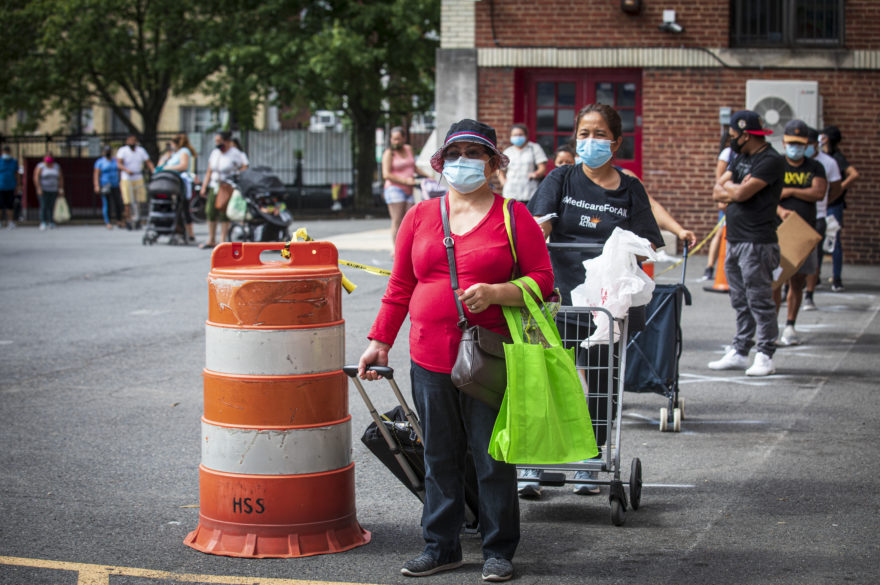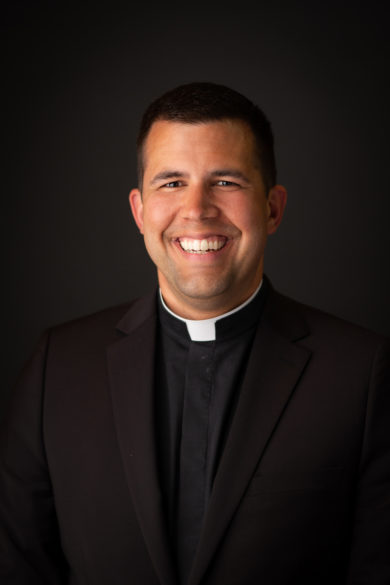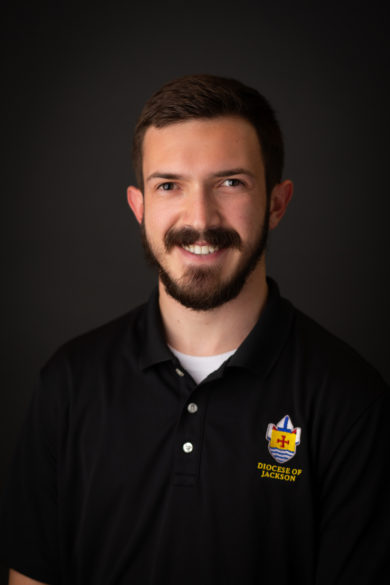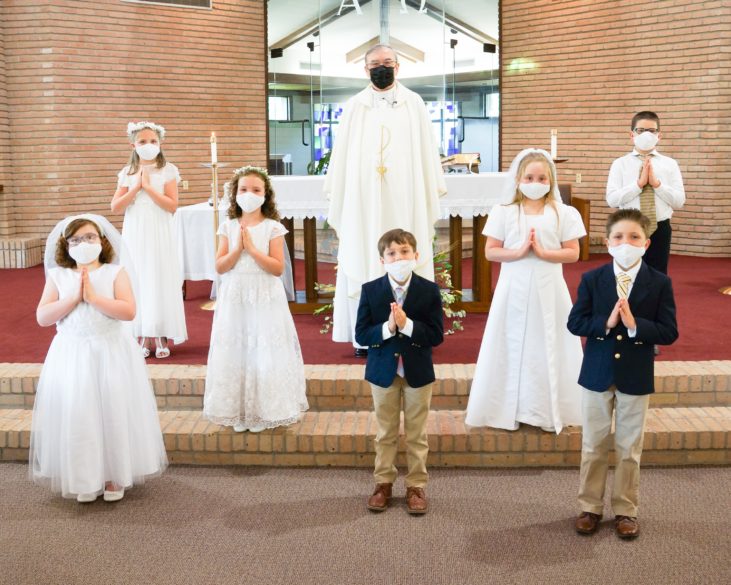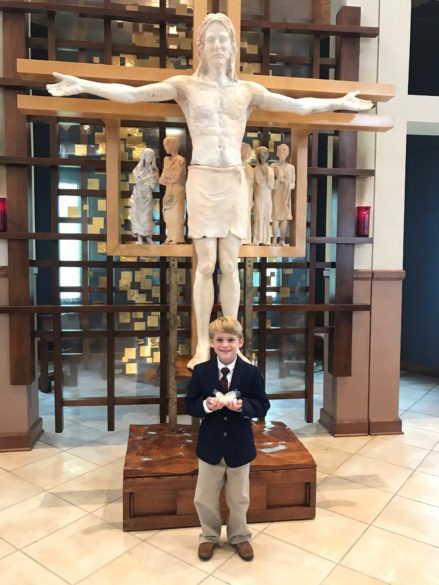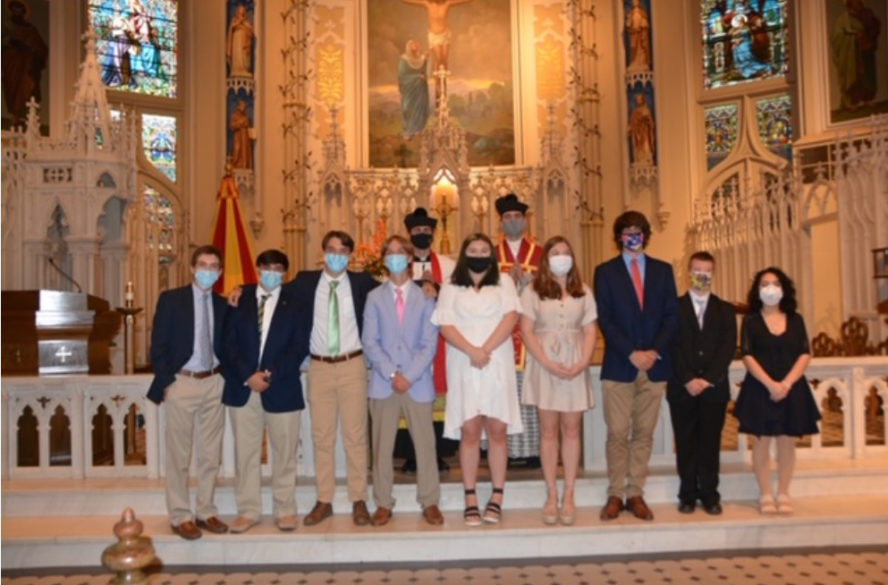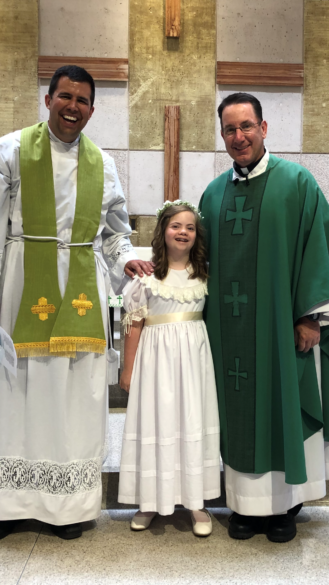IN EXILE
By Father Ron Rolheiser, OMI
Recently in a radio interview, I was asked this question: “If you were on your deathbed, what would you want to leave behind as your parting words?” The question momentarily took me aback. What would I want to leave behind as my last words? Not having time for much reflection, I settled on this. “I would want to say: Don’t be afraid. Live without fear. Don’t be afraid of death. Most of all, don’t be afraid of God!”

I’m a cradle Catholic, born to wonderful parents, catechized by some very dedicated teachers, and I’ve had the privilege of studying theology in some of the best classrooms in the world. Still it took me fifty years to rid myself of a number of crippling religious fears and to realize that God is the one person of whom you need not be afraid. It’s taken me most of my life to believe the words that come from God’s mouth over three hundred times in scripture and are the initial words out of the mouth of Jesus whenever he meets someone for the first time after his resurrection: Do not be afraid!
It has been a fifty-year journey for me to believe that, to trust it. For most of my life I’ve lived in a false fear of God, and of many other things. As a young boy, I had a particular fear of lightning storms which in my young mind demonstrated how fierce and threatening God could be. Thunder and lightning were portents which warned us, religiously, to be fearful. I nursed the same fears about death, wondering where souls went after they died, sometimes looking at a dark horizon after the sun had set and wondering whether people who had died were out there somewhere, haunted in that endless darkness, still suffering for what they’d had not gotten right in life. I knew that God was love, but that love also held a fierce, frightening, exacting justice.
Those fears went partially underground during my teenage years. I made my decision to enter religious life at the age of seventeen and have sometimes wondered whether that decision was made freely and not out of false fear. Looking back on it now however, with fifty years of hindsight, I know that it wasn’t fear that compelled me, but a genuine sense of being called, of knowing from the influence of my parents and the Ursuline nuns who catechized me, that one’s life is not one’s own, that one is called to serve. But religious fear remained unhealthily strong within me.
So, what helped me let go of that? This doesn’t happen in a day or year; it is the cumulative effect of fifty years of bits and pieces conspiring together. It started with my parents’ deaths when I was twenty-two. After watching both my mother and father die, I was no longer afraid of death. It was the first time I wasn’t afraid of a dead body since these bodies were my mother and father of whom I was not afraid. My fears of God eased gradually every time I tried to meet God with my soul naked in prayer and came to realize that your hair doesn’t turn white when you are completely exposed before God; instead you become unafraid. My fears lessened too as I ministered to others and learned what divine compassion should be, as I studied and taught theology, as two cancer diagnoses forced me to contemplate for real my own mortality, and as a number of colleagues, family, and friends modeled how one can live more freely.
Intellectually, a number of persons particularly helped me: John Shea helped me realize that God is not a law to be obeyed, but an infinitely empathic energy that wants us to be happy; Robert Moore helped me to believe that God is still looking on us with delight; Charles Taylor helped me to understand that God wants us to flourish; the bitter anti-religious criticism of atheists like Frederick Nietzsche helped me see where my own concept of God and religion needed a massive purification; and an older brother, a missionary priest, kept unsettling my theology with irreverent questions like, what kind of God would want us to be frightened of him? A lot of bits and pieces conspired together.
What’s the importance of last words? They can mean a lot or a little. My dad’s last words to us were “be careful,” but he was referring to our drive home from the hospital in snow and ice. Last words aren’t always intended to leave a message; they can be focused on saying goodbye or simply be inaudible sighs of pain and exhaustion; but sometimes they can be your legacy.
Given the opportunity to leave family and friends a few last words, I think that after I first tried to say a proper goodbye, I’d say this: Don’t be afraid. Don’t be afraid of living or of dying. Especially don’t be afraid of God.
(Oblate Father Ron Rolheiser, theologian, teacher and award-winning author, is President of the Oblate School of Theology in San Antonio, Texas. He can be contacted through his website www.ronrolheiser.com.)

